The International Criminal Court has received a private legal brief that could change the way international law deals with the digital aspects of modern warfare. The submission is aimed at the Wagner Group, which is connected to Russia. It says that the paramilitary group has not only committed physical atrocities in West Africa, but has also used social media to spread and promote these crimes as part of a planned campaign of terror.
The Accusation
The brief puts forth a revolutionary legal argument that sharing graphic violence online is a war crime in and of itself. This could set a precedent that changes how we think about accountability in the digital age. This new idea aims to broaden the ICC's jurisdiction to encompass crimes "committed online that are inextricably linked to physical offenses," representing the inaugural instance in which the court has been requested to evaluate the promotion of atrocities through social media as a prosecutable offense under the Rome Statute.
The systematic nature of Wagner's alleged digital campaign is what makes this case so important. A network of social media accounts, thought to be run by current or former Wagner employees, has reportedly shared horrible content showing men in military uniforms, often with Wagner insignia, dismembering civilian bodies, taking organs, and posing with severed body parts.
The Sahel region has become what experts now call the deadliest place in the world for extremist violence. This is the setting for these accusations. This huge area south of the Sahara Desert has seen almost half of the world's 8,000 extremist-related deaths in the past year. This is because military regimes in Mali, Burkina Faso, and Niger are fighting groups linked to al-Qaeda and ISIS.
Wagner's entry into this unstable area marks a major change in the balance of power in the region. As the US and Western countries have pulled their troops out of the Sahel region, these countries have turned to Russia more and more for help. This has changed security partnerships that have been in place for decades. The Wagner Group is technically illegal in Russia, but it acts as Moscow's deniable tool for projecting foreign policy. It has improved this role since it was first used in the Ukraine conflict in 2014.
The paramilitary group's work in West Africa is similar to what they do in other places around the world. Dmitry Utkin, a former Russian military intelligence officer, started Wagner in 2014. Businessman Yevgeny Prigozhin funded it until his death in 2023. Wagner has always acted as an extension of Russian state power while allowing the Kremlin to deny any involvement.
Wagner does a lot more than just provide military support in the Sahel. The organization has gotten valuable contracts, like gold mining rights in Mali. This gives Russia both strategic and economic reasons to stay in the region for a long time. This model of resource extraction has worked well for Wagner all over the world, from securing oil facilities in Syria to diamond mining in the Central African Republic.
Justice Without Law
There are a lot of problems that the ICC has to deal with when it comes to this brief, and these problems are similar to the ones that make it hard to hold people accountable for modern conflicts. The Sahel region is very far away, and the government doesn't keep a close eye on things. The UN peacekeeping missions have also left, which makes it very hard to document and verify crimes.
The release calls for the investigation of several people linked to the Wagner group and to the governments of Mali and Russia for crimes that allegedly occurred between 2021 and 2024. The ICC’s Prosecutor’s office is already aware of some abuses in Mali but has been unable to comment on the specifics due to confidentiality.
After Prigozhin's death, Wagner changed, which shows how flexible Russian influence operations can be. The creation of the Africa Corps as Wagner's successor shows that Moscow is still committed to its presence in the Sahel, even though there is international pressure and changes in leadership. This continuity indicates that addressing Wagner's purported crimes necessitates enduring international scrutiny rather than reactions to isolated events.
The ICC brief is not just a legal case; it is also a test case for how international law can change to keep up with modern warfare. As conflicts increasingly blur the lines between physical and digital battlefields, the court's response to these allegations could determine whether international justice can adapt to address twenty-first-century atrocities or remain constrained by frameworks designed for conventional warfare.



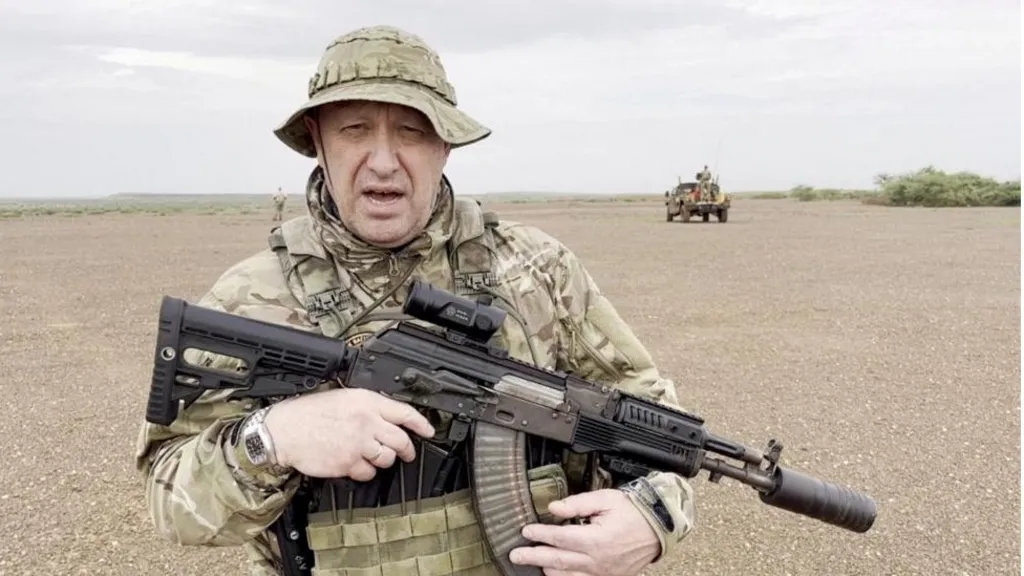
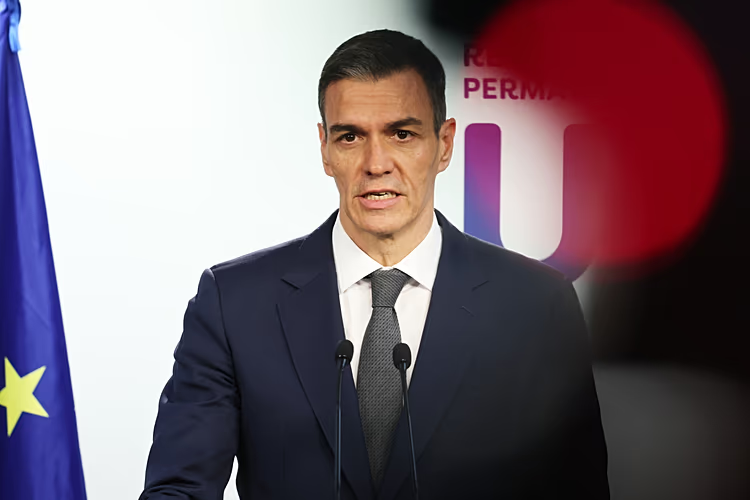
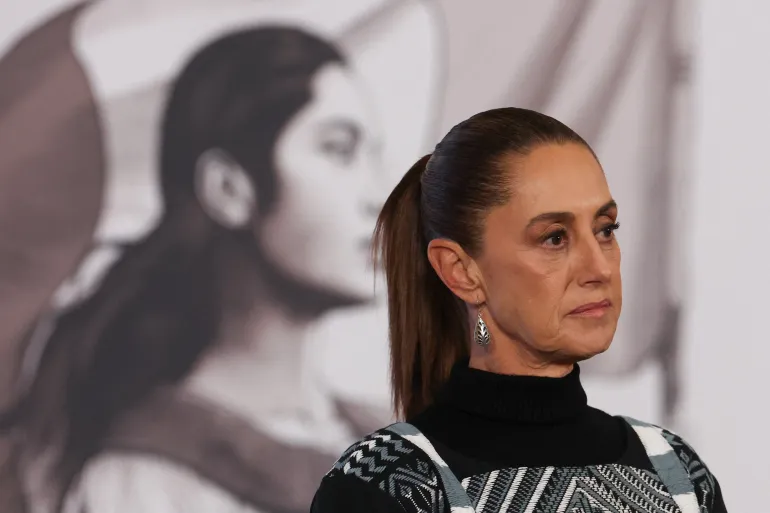
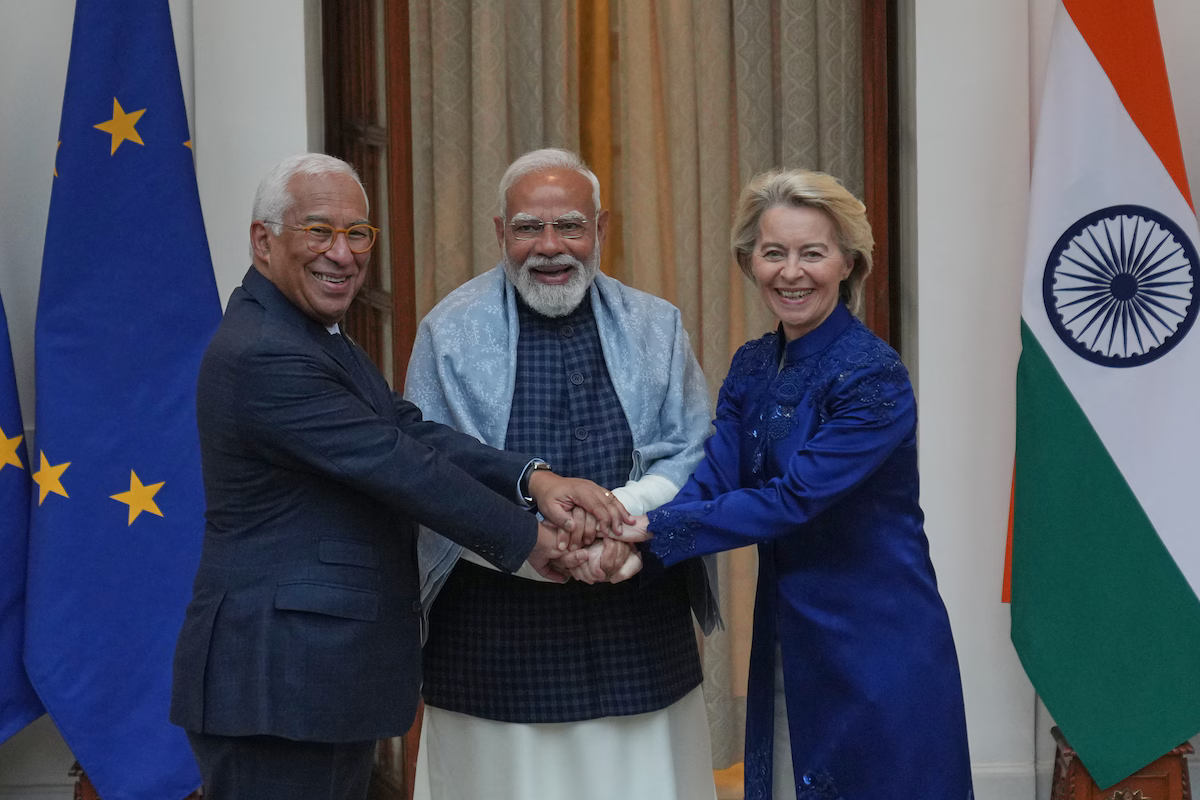
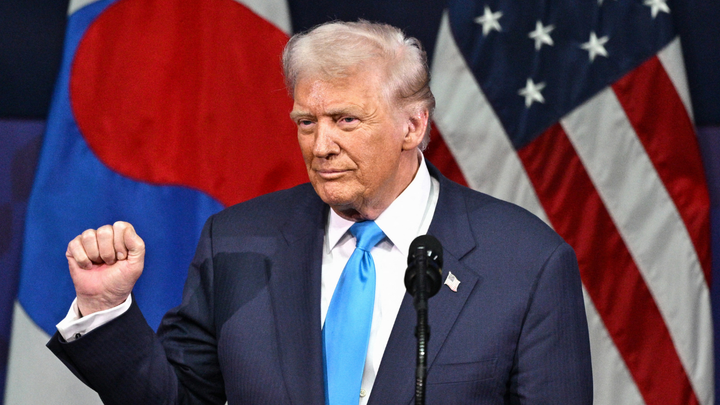
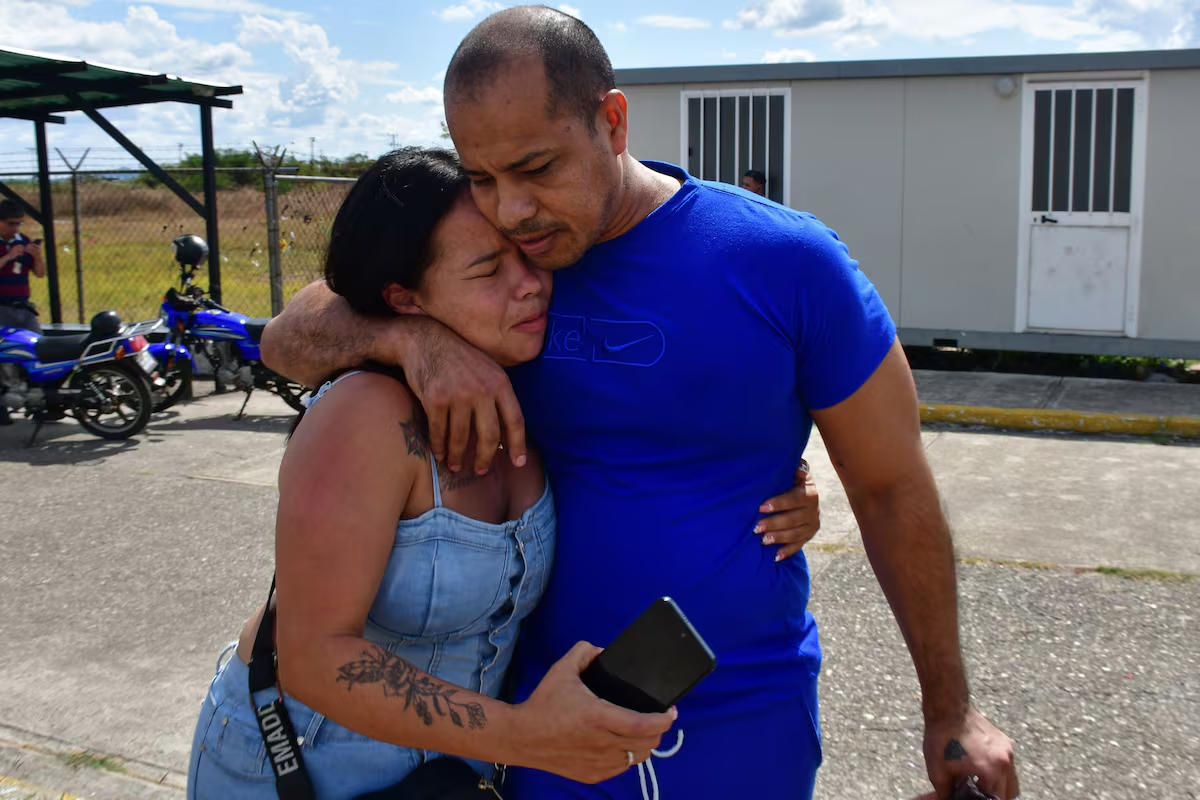

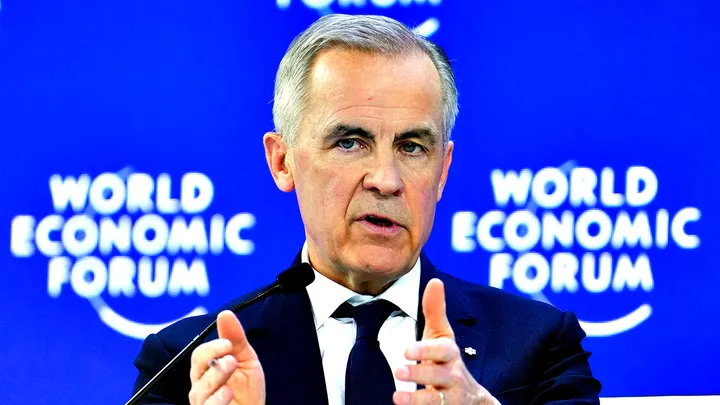
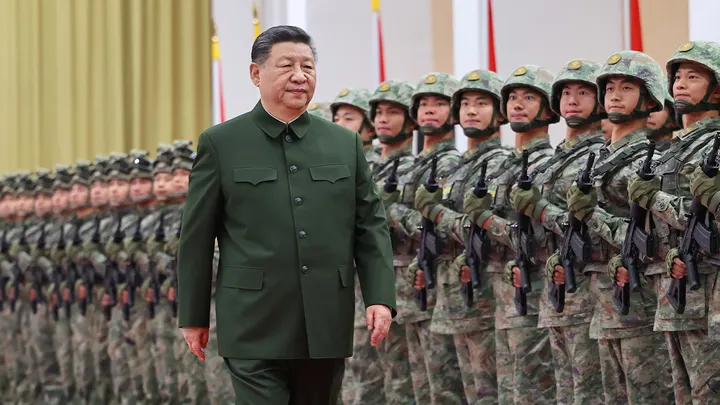
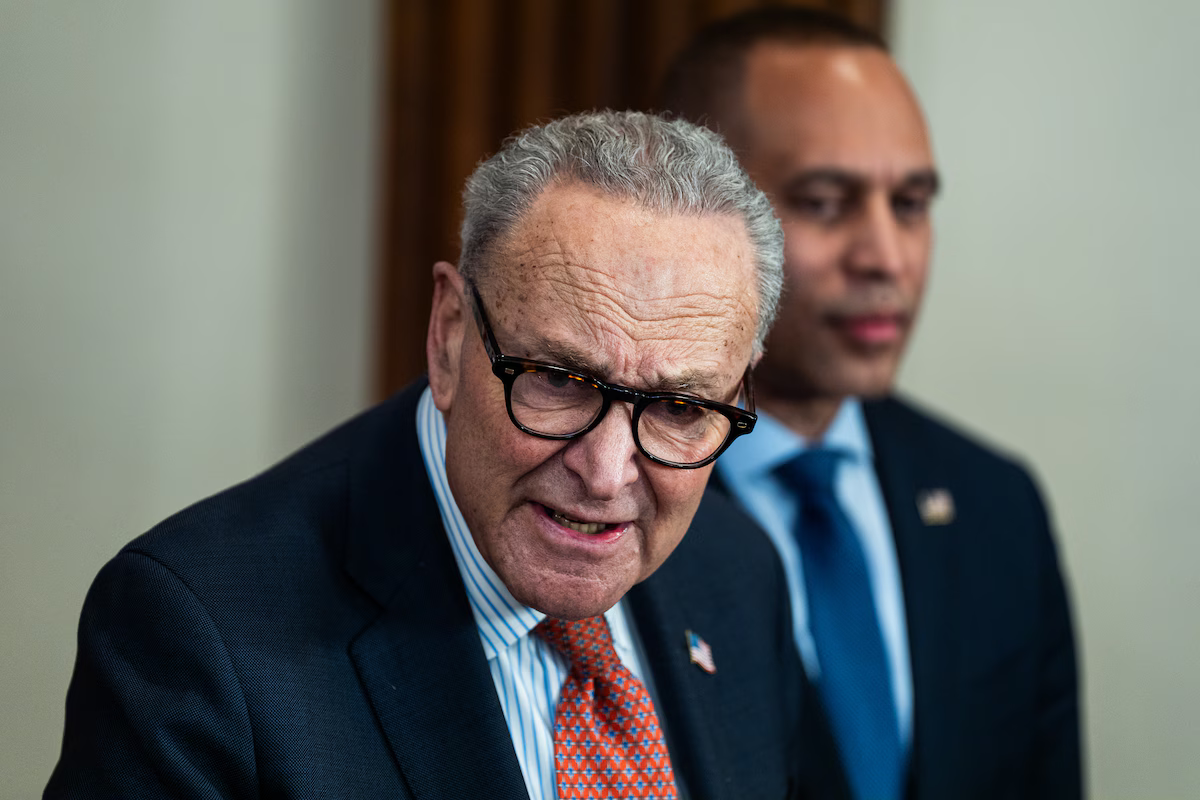
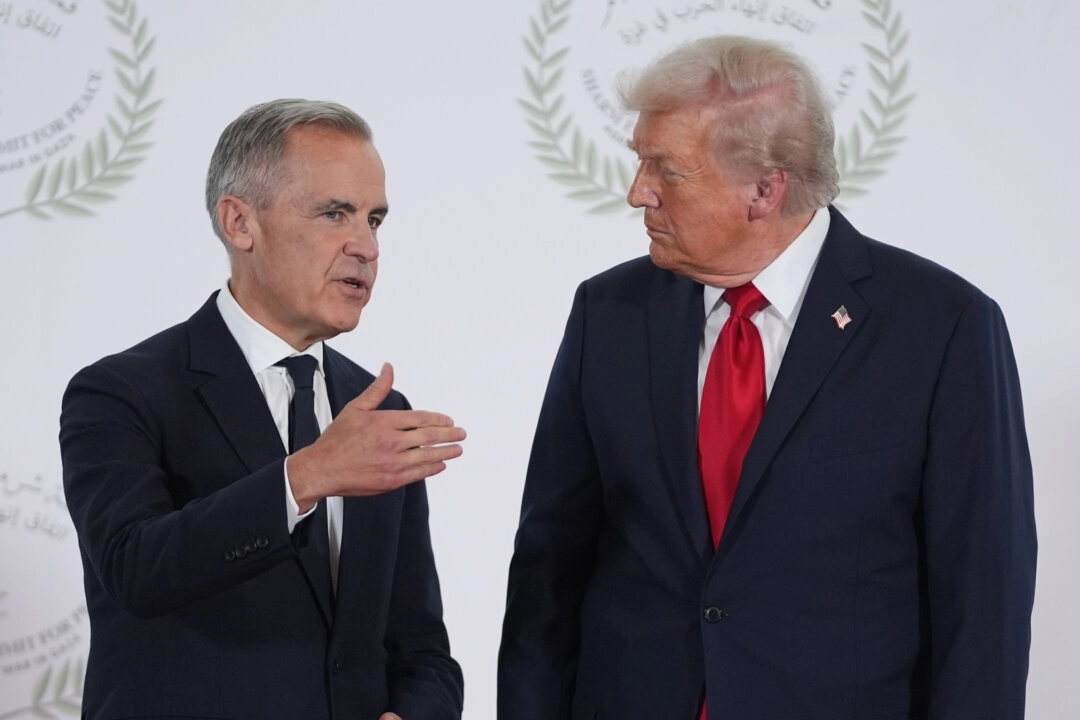
Discussion